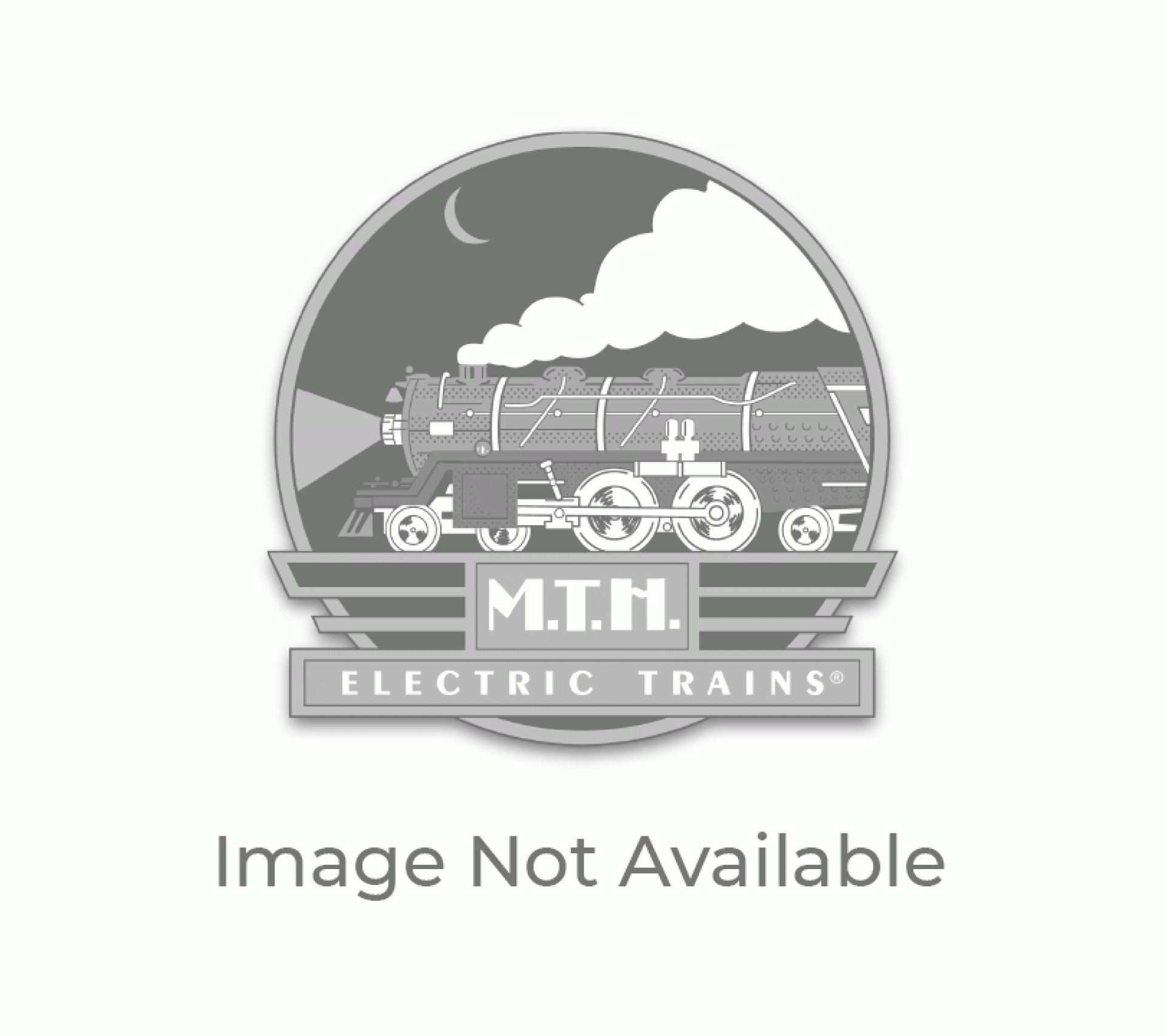

Weirton Steel O Scale Premier Coil Car
Overview
The coil car first appeared in the 1960s as a safer way to trans port coiled sheet metal, usually steel, to manufacturers of stamped metal items from car parts to appliances. Prior to that, steel mills had often shipped out coiled metal in open gondolas, exposed to the elements and other sources of potential damage. Coil cars generally have wooden linings to cushion the load, restraints to prevent shifting en route, and a cover for protection. The covers, which can weigh a ton or more by themselves, usually have a central handle for lifting and a pair of brackets to allow the covers to be stacked during unloading or when not in use. Since the covers on many cars are interchangeable, it is not unusual to see cars with mismatched covers.
The most common interior arrangement, as represented in our model, is a single longitudinal trough that can hold coils of varying sizes, each held in place by crossbars or other bracing during shipping. A more recent innovation is the transverse coil car, with a series of troughs that run widthwise across the car, thus eliminating the need for blocking or bracing each coil. Most carriers today offer both longitudinal and transverse coil cars to meet a variety of shippers’ needs.
MTH Premier O Scale freight cars are the perfect complement to any manufacturer’s scale proportioned O Gauge locomotives. Whether you prefer to purchase cars separately or assemble a unit train, MTH Premier Rolling Stock has the cars for you in a variety of car types and paint schemes.
Virtually every sturdy car is offered in two car numbers which makes it even easier than ever to combine them into a mult-car consist. Many of MTH’s Premier Rolling Stock offerings can also operate on the tightest O Gauge curves giving them even more added versatitlity to your layout.
